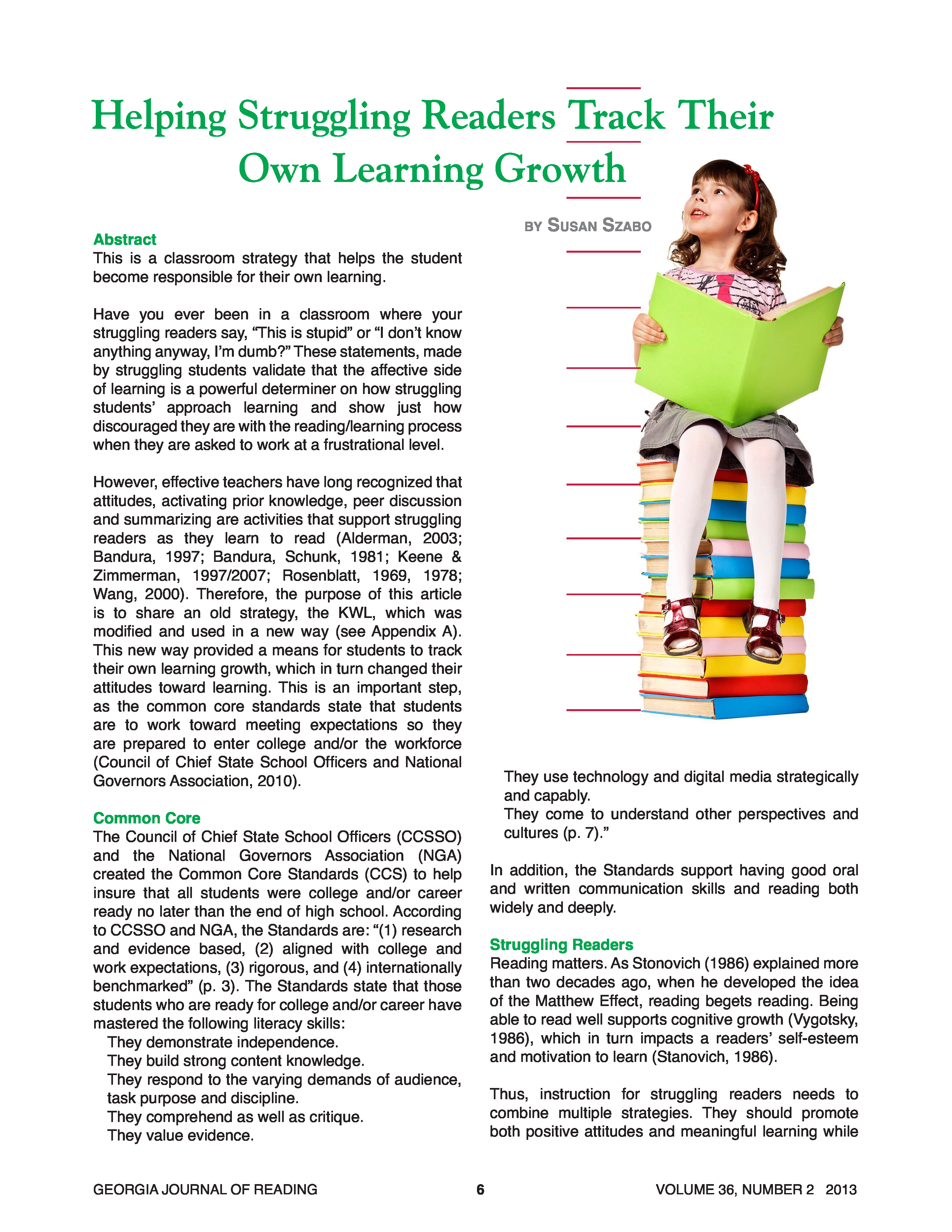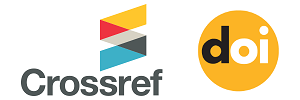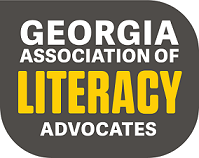Helping Struggling Readers Track Their Own Learning Growth
DOI:
https://doi.org/10.56887/galiteracy.40Keywords:
attitude, prior knowledge, peer discussions, summarizing, learning growthAbstract
This is a classroom strategy that helps the student become responsible for their own learning. Have you ever been in a classroom where your struggling readers say, “This is stupid” or “I don’t know anything anyway, I’m dumb?” These statements, made by struggling students validate that the affective side of learning is a powerful determiner on how struggling students’ approach learning and show just how discouraged they are with the reading/learning process when they are asked to work at a frustrational level. However, effective teachers have long recognized that attitudes, activating prior knowledge, peer discussion and summarizing are activities that support struggling readers as they learn to read (Alderman, 2003; Bandura, 1997; Bandura, Schunk, 1981; Keene & Zimmerman, 1997/2007; Rosenblatt, 1969, 1978; Wang, 2000). Therefore, the purpose of this article is to share an old strategy, the KWL, which was modified and used in a new way (see Appendix A). This new way provided a means for students to track their own learning growth, which in turn changed their attitudes toward learning. This is an important step, as the common core standards state that students are to work toward meeting expectations so they are prepared to enter college and/or the workforce (Council of Chief State School Officers and National Governors Association, 2010).



